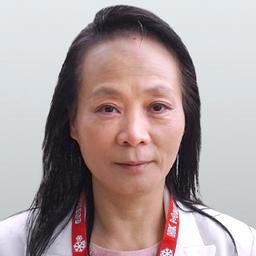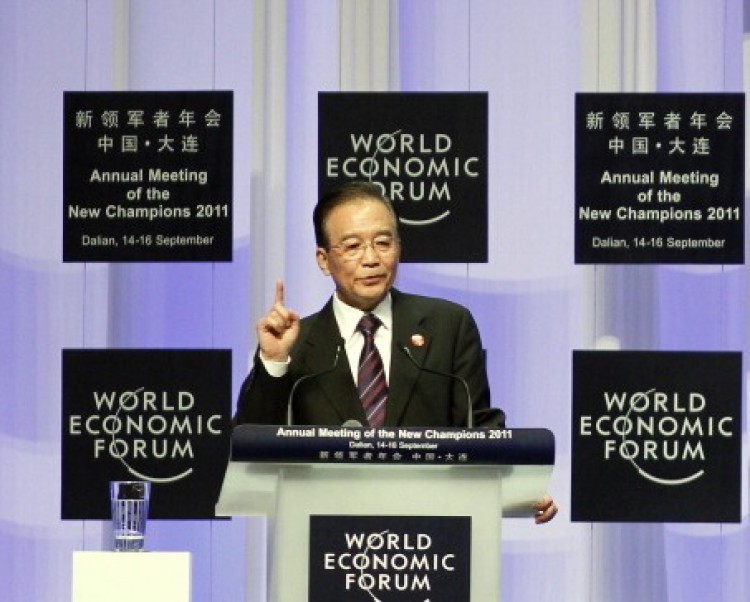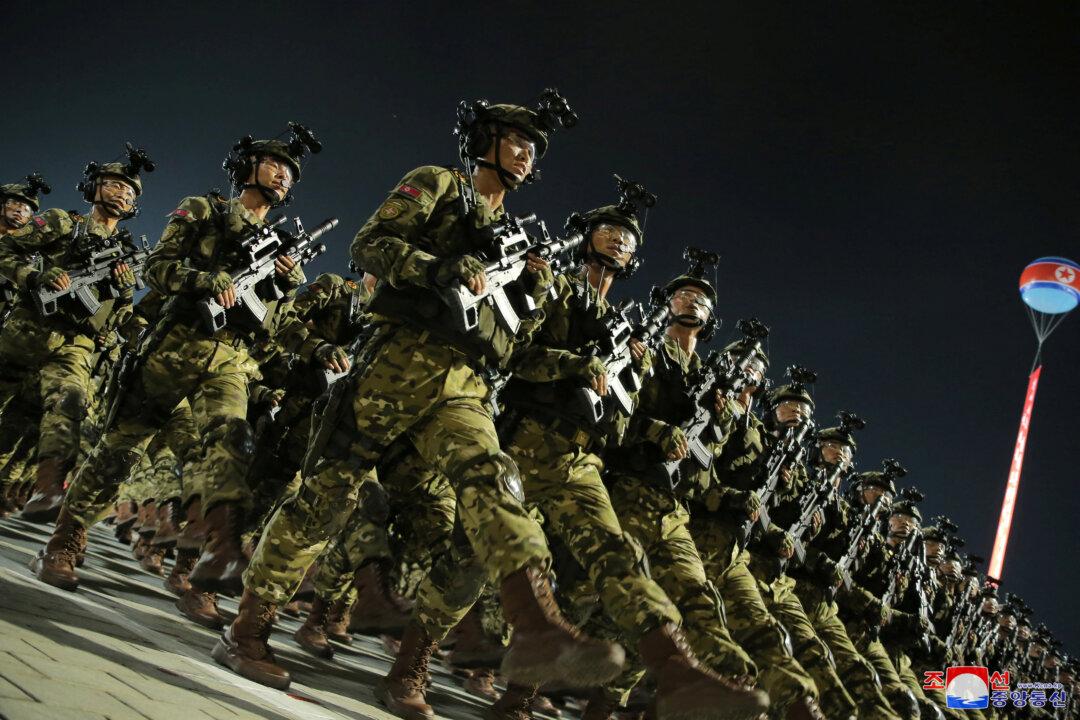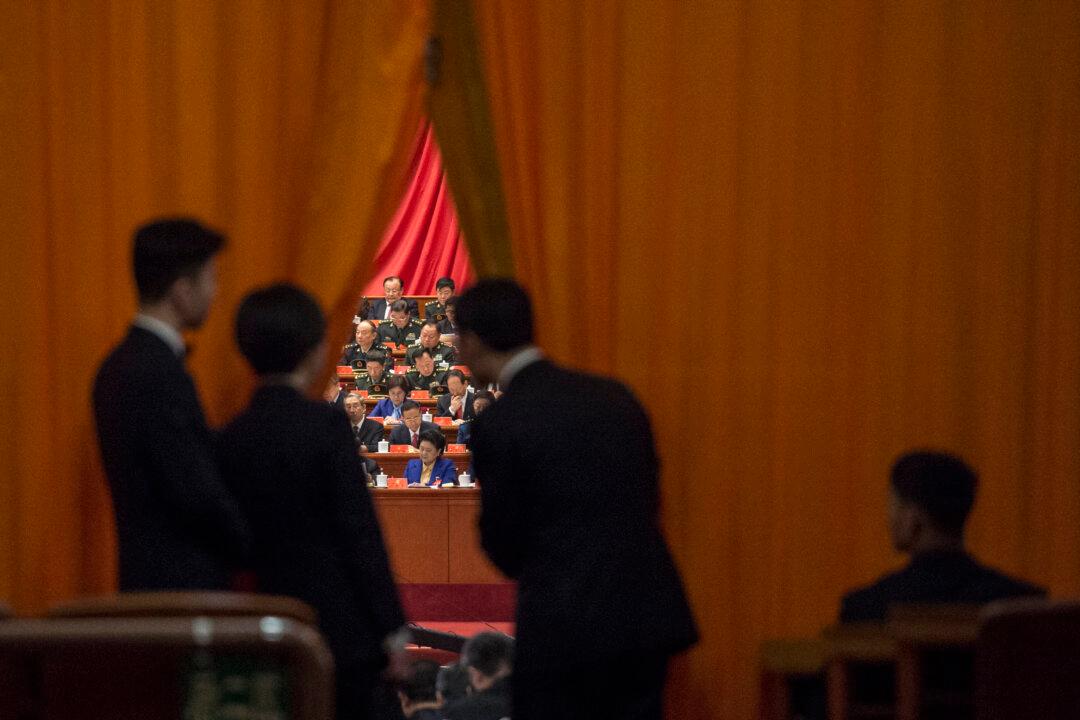Wen’s Calls for Political Reform Ignored Again
The Premier of China Wen Jiabao once again called for reform of the country’s sclerotic political system in late September—but experts are saying that, just like all the other times, it won’t go anywhere.

China's Premier Wen Jiabao gestures as he delivers his keynote address at the summer session of the World Economic Forum in the Chinese port city of Dalian, northeast China's Liaoning Province on Sept. 14, 2011. STR/AFP/Getty Images
|Updated:






